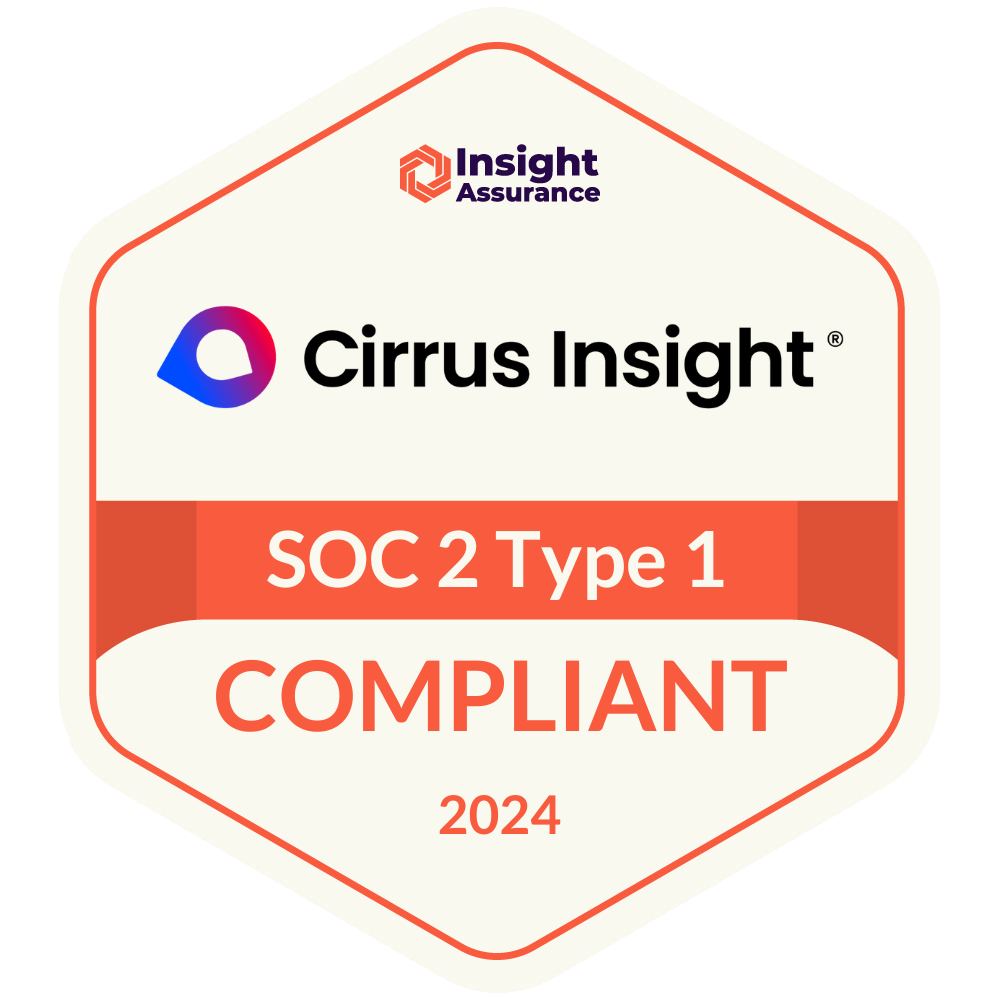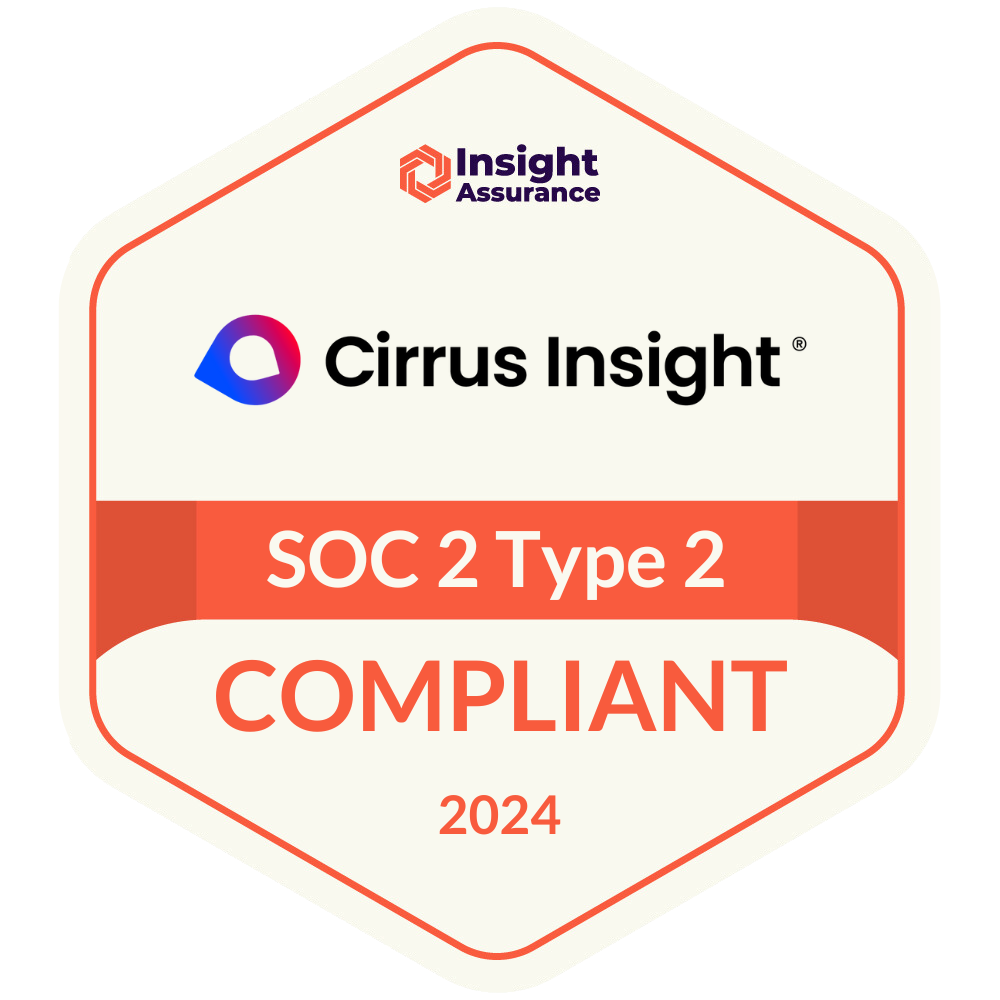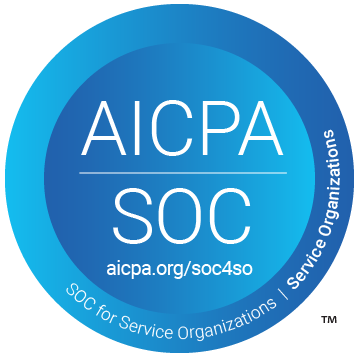- Solutions
-
Products
-
Resources
Sales Automation Tools | Cirrus Insight by Kristi Campbell View all Blog Posts >Get the App, Get the Sidebar, & Get Your Trial Going HereUnleash limitless growth opportunities by partnering with Cirrus Insight.
- Pricing
Filter By:
- All topics
- Sales Productivity
- Sales Intelligence
- Salesforce
- Sales Strategy
- Sales Prospecting
- Book More Meetings
- Best of
- Company News
- Product
- Sales Leadership
- CRM Admininstration
- Sales Metrics
- Supercharge Sales Activity
- Team Scheduling
- Admin
- serious insights
- Prospect Smarter
- Sales Activity Data
- Sales Forecasting
- Scheduling Solutions
- Prospect Faster
- Auto-Sync Everything To Your CRM
- Chrome
- Comparison
- Financial Services
- For Admins
- Getting Started
- IT & Security
- outlook
Subscribe to our Blog for the Latest Insights
Join our blog community to stay informed and receive fresh content and actionable tips directly in your inbox.
Reclaim Your Sales Team's Time

Delegating and Automating Sales Support Yields 200 Percent ROI – or, as coined by McKinsey, "the Goldilocks quandary."
"Sales reps are most effective when they have the right amount of support, but exactly how much support staff does a company need, and how should the support be structured?" It is a question McKinsey researchers Sebastian Küchler, David Sprengel, Jochen Ulrich, and Michael Viertler set out to answer.
"Too little support and your salespeople cannot do their jobs well; too much, and you are wasting money," they said. "But get it just right, and your sales efforts can drive productivity and growth."
The team analyzed detailed sales data from 40 hardware, machinery, industrial equipment, and information and communications technology companies to find the "sweet spot" level of support. The goal was to determine what investments in human and technical support characterize the highest-performing sales organizations.
What does the data say?
On the human side, "we found that devoting 50 - 60 percent of sales employees to support functions is optimal," they said. "Many companies with low sales ROI devote fewer than 30 percent of their sales employees to support functions." The highest performing teams have at least one support person for every two sales representatives.
Support Yields 200 Percent ROI
When it comes to technology, "digitizing sales planning is also a big opportunity to improve processes," the team found. "One global high technology company digitized its sales planning process and reduced planning costs by 20-25 percent, combined with 5 percent revenue growth through higher accuracy."
The investment in support yielded 200 percent ROI for the top performers.
"A typical sales rep at one of the top companies we analyzed generates USD 5.7 million in gross margin, versus just USD 1.7 million for the other companies," McKinsey's researchers said. "Companies in the sweet spot of support have greater cost efficiency for their entire sales organization because sales support staff earn less than frontline sales reps."
Salespeople Need More Time for Selling
Why do sales reps need at least a half-time person for support? Because administrative work eats up 77 percent of their time.
Pace Productivity researchers studied how sales reps spend their time using a mobile time tracker that automates calculations and boasts 94 percent accuracy. The results were not pretty. The study found that outside sales reps spend about 23 percent of their time selling—about 10 hours a week.
Pace defines selling actives as:
- Sales calls with qualified leads
- Qualifying MQLs
- Direct outreach to prospects
- Closing
- Building relationships
- Supporting customers
- Planning

Administrative Tasks Slow Sales
Where does the rest of the time go? "Sales reps cite administration and paperwork activities" as the most time-consuming tasks that keep their feet off the street," Pace said. These include:
- General administration and paperwork
- Searching for MQLs
- Scheduling meetings
- Email correspondence
- Internal calls
- Maintaining customer data
- Head office communications
- File management
- Order processing and invoicing
- Completing expense reports
- Travel and travel planning
It is no wonder sales teams need a half-time assistant to support them. Most of these tasks can be delegated or automated. "Successful sales reps find ways to minimize their administrative requirements," Pace said. "They delegate to others, they automate tasks, they standardize them, or they batch them, completing a number of these tasks during a designated period."
Then, it makes sense that McKinsey researchers found that companies with the highest performing sales teams invest in human and technical support to improve their productivity.
What Can Be Delegated and Automated
"Sales operations and administrative support are sometimes victims of overly aspirational cost-saving efforts," the McKinsey team said. "Yet they are invaluable because they enable frontline and pre-sales employees to spend more time with customers and focus on sales and growth."
Sales Admin Tasks to Delegate
The administrative tasks that bog down sales teams can be delegated and automated. Tasks that to delegate to a human sales assistant require a pair of eyeballs to review and hands to process. These include:
- Invoicing, order, and payment processing
- Filing expenses
- Travel planning
- Following up on inbound leads
- Preparing and reviewing templated documents like tear sheets and proposals
- Filing documents (paperwork)
- Prospecting using your MQL criteria
You do not even need to hire assistants yourself. Managed virtual assistant service providers offer pre-trained sales assistants ready to take on these tasks and more, with no additional management or HR overhead on your part.
Sales Admin Tasks to Automate
As for automation, "companies can apply advanced analytic techniques, such as propensity-to-buy modeling and micro-market targeting, to help sales support staff do deal qualification much more efficiently," McKinsey said. Tasks that an all-in-one sales tool like Cirrus Insight automates include:
- Buyer signal analysis
- Behavior-based qualification
- Targeted email outreach
- Scheduling meetings with a self-scheduling app
- Email correspondence integrated with Salesforce
- Syncing Key Customer Data from your inbox
- Maintaining customer data is also integrated with Salesforce
- Pre-made document templates
- Data tracking and analysis
Bundling all these functions into a single platform saves time and cuts costs as reps do not have to move back and forth between separate email, CRM, scheduling, email marketing, and analytics platforms. Behavioral researchers have found that "switching time," the time it takes to move from one task and application to another, is about 25 minutes.
Unleash Your Sales Team
Your sales team can recover those 30 hours a week lost to administrative tasks with part-time human support and an advanced sales tool like Cirrus Insight. The data is clear—getting sales support "just right" solves the Goldilocks quandary and delivers 200 percent ROI. The value proposition is especially compelling in a tight job market when it is hard to find more sales reps. Giving your current team more time with the right resources can increase capacity for a fraction of the cost of bringing on more FTEs.






